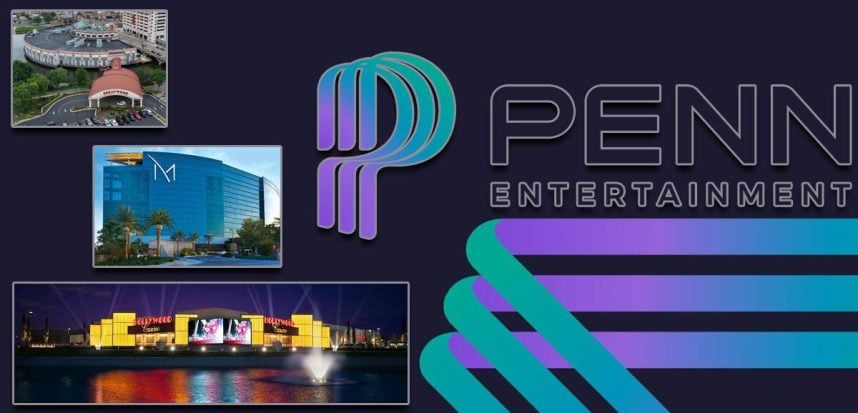Penn Entertainment Earnings: ESPN Bet in Focus
Posted on: July 23, 2025, 01:32h.
Last updated on: July 23, 2025, 01:41h.
- Penn stock has been solid of late, but ahead of the NFL season, ESPN Bet questions linger
- Regional casinos will also be a point of emphasis on the upcoming earnings call
Penn Entertainment (NASDAQ: PENN), the largest operator of regional casinos in the US, reports second-quarter results on Thursday, August 7 prior to the open of US markets, and with that update arriving close to the start of the 2025 NFL season, the company’s ESPN Bet unit is sure to be a point of emphasis for analysts and investors.

While ESPN Bet has been panned by market participants for failing to pose a more credible threat to entrenched rivals in the ultra-competitive US sports wagering industry, some improvements have been made, indicating the mobile betting application is ready for better things this NFL season. In a new report to clients, Jefferies analyst David Katz highlights better integration with ESPN offerings and direct-to-consumer (DTC) improvements.
Our impression from conversations with management and investors suggests that the ESPN Bet product is in its best position in time for the start of the NFL season,” observes Katz. “One such example is the integration of ESPN Bet with the fantasy app and ESPN’s DTC product (launching ahead of the NFL season) which would enable personalized marketing. The path to profitability by 4Q25 appears well understood, although the Street will require evidence of share gains to ascribe value for the business.”
ESPN Bet has the benefit of enviable branding, but to better capitalize on the association with the world’s largest sports network, integration between ESPN and the gaming platform needs to improve. Steps in that direction were taken in April with the launch of “Mint Club,” which allows customers to connect their betting accounts to accounts on ESPN.com.
Why ESPN Bet Is Pivotal in Penn Investment Thesis
Brick-and-mortar regional casinos account for the bulk of Penn’s earnings and revenue, easily outpacing contributions from online sports betting, but ESPN Bet has loomed large for investors in the two years since Penn and the Walt Disney unit reached an agreement — one that’s expensive on Penn’s end.
The gaming company is paying Disney handsomely for rights to the ESPN brand — $1.5 billion over a decade and $500 million in equity warrants. That deal was reached after Penn spent more than $500 million to acquire Barstool Sports, which it ultimately sold back to founder David Portnoy for just $1 to ink the ESPN pact.
In other words, Penn has spent a significant amount of shareholder capital on sports betting ventures without much to show for it at this point. One of the other reasons ESPN Bet garners such attention in the Penn equity conversation is because either the gaming company or ESPN can pull the plug on the deal after three years — an anniversary that’ just 13 months away.
Katz sees ESPN Bet’s readiness for the 2025 NFL season, as well as Penn’s perspective on recent state-level sports betting tax hikes, as among the issues that will be discussed on the August 7 earnings call.
Don’t Forget Penn’s Regional Casinos
Penn’s core competency is operating regional casinos — a potentially favorable trait at a time when investors are concerned about the state of affairs on the Las Vegas Strip. Katz points out that Penn’s second-quarter growth rate at its regional venues was decent, though it lagged the peer group due to lethargy in Detroit and Louisiana.
This may be indicative that it has not increased promotions to drive growth, a theme discussed by peers, but we believe top-line growth is a key element of stock performance,” notes the analyst.
He sees Penn generating $6.91 billion of revenue this year on earnings before interest, taxes, depreciation, amortization, and restructuring or rent costs (EBITDAR) of $1.54 billion. For 2026, he sees those figures coming in at $7.26 billion and $1.85 billion compared with prior estimates of $7.28 billion and $1.83 billion.
No comments yet